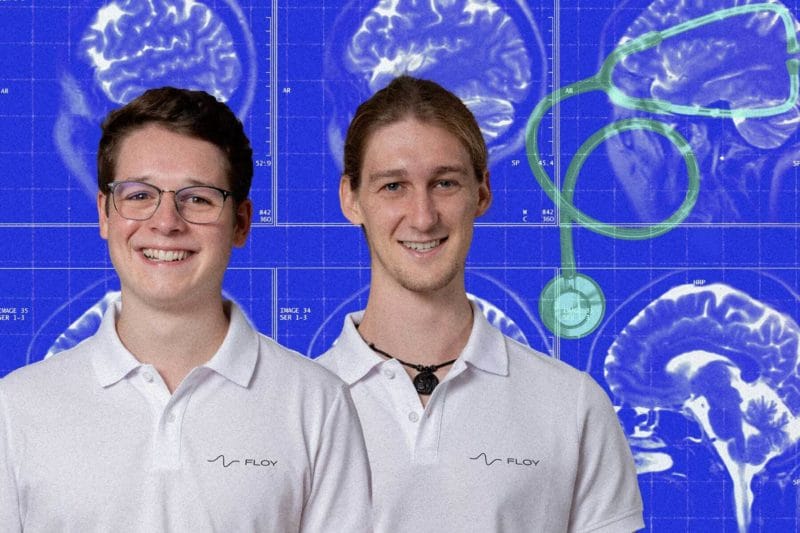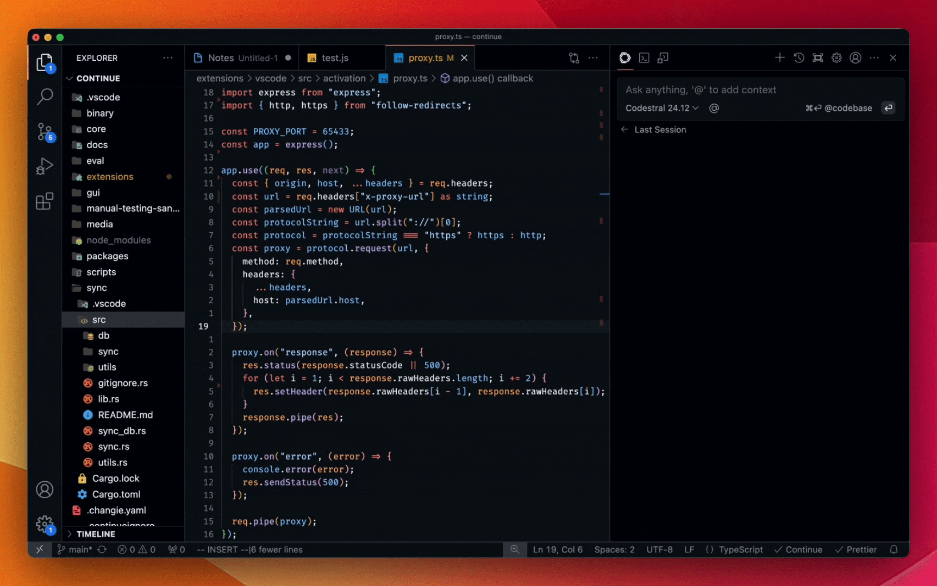The Munich-based startup Floy recently closed a 5.4M EUR seed round to enhance the diagnostic capabilities of radiologists with AI. During the first half of 2023, the startup managed to get its solution into 100 radiology offices in Germany, and by the time the seed round closed, the number was up to 170 offices. Floy now wants to become the industry standard for AI-assisted radiology diagnostic solutions. In an interview with Business Insider, the 23-year-old CEO and co-founder Benedikt Schneider declared that he got the inspiration for Floy from his experience with a misdiagnosed sports injury to his knee. After sustaining an unfortunate fall during a soccer game, his meniscus tore. Schneider underwent an MRI, but the radiologist failed to detect that his knee joint was hardened, so after another fall, the meniscus tore again, effectively ending what Schneider refers to as a“completely sensible” football career.
Every day, radiologists spend their time reading and interpreting a myriad of imaging results, typically spending minutes, if not seconds, on each image, reasonably focusing on those causes that could be responsible for a given set of symptoms. This often means that difficult-to-see abnormalities, or those usually not associated with the reported symptoms, are easily overlooked or misdiagnosed. Even at a time when image quality has vastly increased, radiologists are still managing the same workloads without enough financial resources to hire additional staff. And, as the shortages of healthcare workers have shown us more than once, even when there are financial resources, there may not be enough talent to hire in the first place.
Floy aims to address this issue by using already existing AI technology to alert radiologists when they may have gone over a significant finding, including early disease detection. Since Floy is more of an assistant than a replacement, it simply suggests interpretations that may not have occurred to the technician or gives them a second chance at refining their initial diagnosis without starting over from scratch. What is novel about the startup is its business model: Floy offers its solution as a pay-per-use service for patients. It costs 46.63 EUR per patient, a price determined in Germany according to the current fees for doctors. Even though it may not look like the most attractive pricing, it is more than enough to pay a commission to the radiology office and still yield an appealing earnings margin.
Patients who want a Floy-assisted diagnosis can fill out an online contact form so the startup can get back to them with office recommendations. The startup also receives online feedback, claiming that three dozen patients have gotten in touch over the past year because their diagnoses would not have happened as promptly were it not for Floy. The company already plans to optimize its website and improve its communication channels. However, Floy is planning to invest most of the money into its product, with another significant amount going into expanding the areas of service, especially in the US.
The 5.4M EUR seed round was led by HV Capital, with participation from All Iron Ventures and other enthusiastic existing investors such as 10xFounders, xdeck ventures, and SB21. It brings Floy's total capital to 8.8M EUR since it was founded by Schneider and fellow WHU exalum Leander Märkisch in the summer of 2021.





Comments